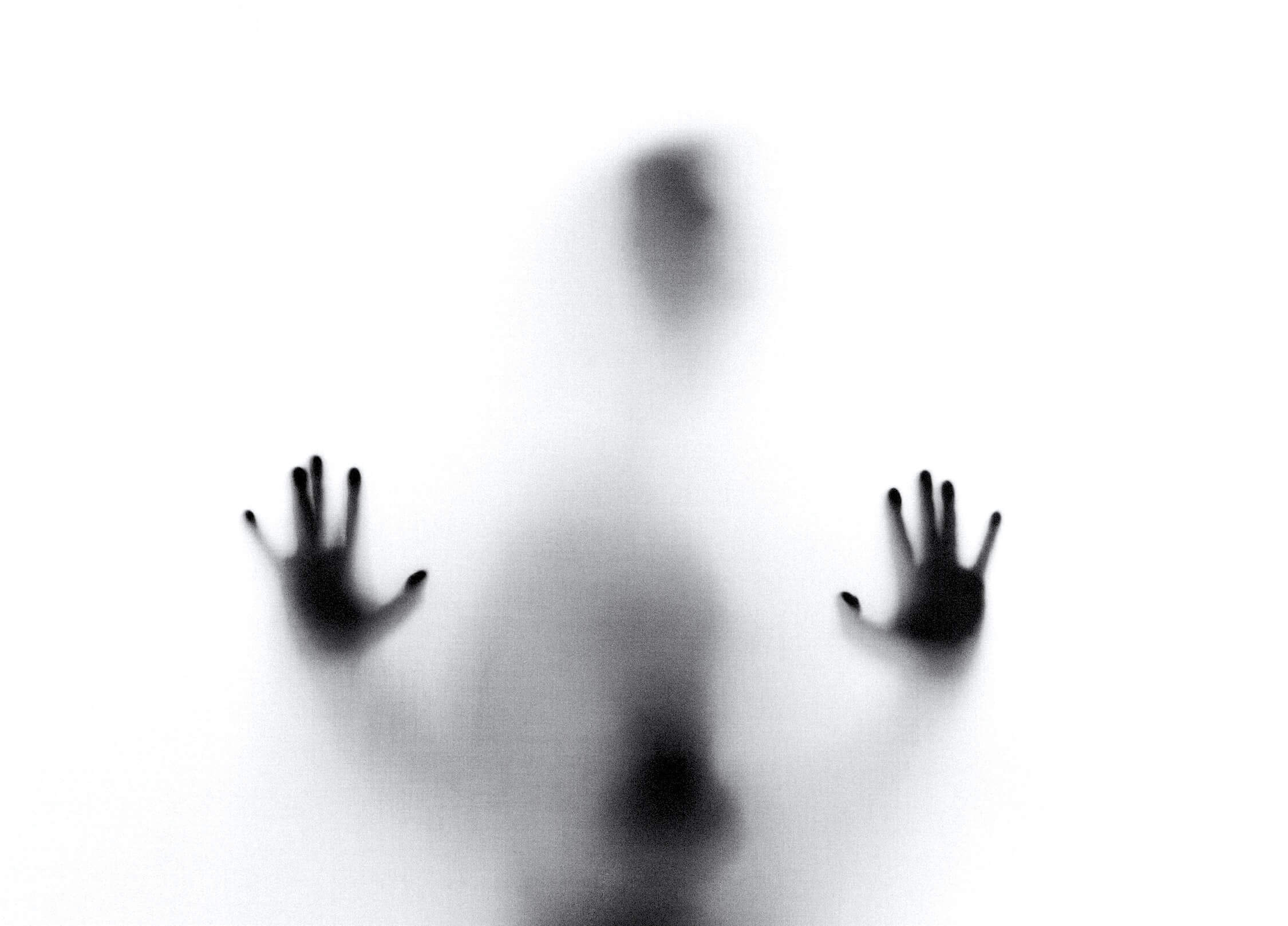Memory has been studied for dozens of years, yet common myths surrounding it are refusing to die out.
Let’s talk about photographic memory, and how made-up memories influence our lives.

Ben White — Unsplash
People with photographic memory are said to be capable of mentally ‘rewinding’ their lives to procure necessary information from the past. This myth, perpetuated by pop culture, makes for good entertainment — both the cursed video tape from the ‘Ring’ franchise and the ‘Mind palace’ of BBC’s Sherlock Holmes were built around this idea. However, it is based on a completely false premise that we are constantly ‘recording’ the world around us, just some are better at it than the rest.
The existence of people with such extraordinary, foolproof memory has not yet been proven. The way we remember things is closely tied to how we process them, so internalising something means inevitably distorting it. Scientists are sceptical about any claims of ‘effortless’ and ‘perfect’ recall. In reality, remembering things in detail takes a lot of effort and requires mastery of mnemonic techniques.
Even the first recorded case of photographic memory is believed to be a hoax. A 1970 paper by Charles Stromeyer III, published in none other than Nature magazine, spoke of Elisabeth from Harvard University. According to the paper, this student was capable of memorizing poems at a single glance and recreating autostereograms from memory. However impressive, the study’s results couldn’t be replicated — Elisabeth refused to be tested following the paper’s release. When she later married Mr. Stromeyer, other ethical concerns were raised, leading people to treat this study with scepticism.
That’s not to say that we can’t have extraordinary memory. People with so-called ‘eidetic memory’, such as Nikola Tesla, Leonardo Da Vinci and Arturo Toscanini, could memorize sensory images in great detail. However, eidetic memory is subject to errors, is not a superpower, and doesn’t give you the ability to ‘rewind’ your life. The creation of each ‘snapshot’ takes a great deal of emotional and intellectual processing, as well as skill.
Just like the photographic memory myth, erroneous conceptions of amnesia are kept alive through pop culture. Total memory loss with no cognitive side-effects is a convenient plot device. It allows characters to become blank slates and explore their backstories along with the readers. However, in reality, amnesia is not as simple as ‘losing your memories’. There are different kinds of this condition, each with their own particularities.

Stefano Pollio — Unsplash
For example, retrograde amnesia makes people forget the events leading up to a traumatic experience while retaining autobiographic memories. Patients with anterograde amnesia lose the capacity to create memories, while remembering everything before their condition’s onset.
A complete loss of memories might be a symptom of dissociative identity disorder. Patients in the state of dissociative fugue might not remember anything about themselves or their life, which often pushes them to create a new identity and biography. It is an extreme reaction to extreme psychological trauma, and cannot be triggered by a simple injury, like the movies would have you believe.
Another misconception rooted in the perceived neutrality of our memorization process. On the surface, things look simple: we witness an event, remember it, and can ‘replay’ whatever we remembered like a video.
However, unlike film footage, our memories are modified each time we ‘play them back’. Unconsciously and involuntarily, we introduce changes based on our environment and mood, even when we’re 100% convinced of telling the truth. That’s because memory is not just a physiological phenomenon. The way we recall things is subject to social expectations. Telling the same story in different circumstances calls for re-contextualisation, which means having to exaggerate some of its aspects at the expense of the rest.
What’s more, we’re surprisingly good at rebranding other people’s memories as our own. The researchers from the Southern Methodist University in Dallas claim that memory theft is very common. They put out a survey with surprising results. The majority of respondents admitted to hearing their stories re-told by friends from the first-person perspective. Some blamed this on a coincidence, after all, it wouldn’t be wrong to assume that similar things can happen in similar circumstances. But if someone did borrow someone else’s memory, we can never really know who it originally belonged to.
We are also good at making up completely false memories. You might be 100% confident of someone’s name, or the location of a shop, up until the moment you are proven wrong. For example, you might think you remember where you put your wallet, when, in reality, you got distracted by something and left it on the table. But, while misplacing your wallet is a minor annoyance, some false memories can be quite harmful. Scientists claim that, given the right circumstances, we can convince ourselves of almost anything — including having committed a crime. Once we become convinced of it, the details of our wrongdoings appear out of thin air. And this can even be experimentally proven.

A team from the University of Bedfordshire ran just such an experiment. They conducted three 40-minute interview sessions with each of 60 law-abiding participants. 70% of them were successfully convinced of having committed a crime in adolescence, and came up with all the details pertaining to their ‘misconduct’.
False memories are yet to be properly studied, and are of significant interest to psychologists, neurobiologists and criminalists alike. This aspect of our memory can shed light on how and why people give false testimony, and why it’s not always done in bad faith.
Memories are closely linked to our imagination and social life. You can lose them, steal them, re-create them and make them up. This might be inconvenient, but it’s definitely at least as interesting as the myths the people are spreading about them.
Further reading:
Let’s talk about photographic memory, and how made-up memories influence our lives.

Ben White — Unsplash
Myth 1: photographic memory is a real-life superpower
People with photographic memory are said to be capable of mentally ‘rewinding’ their lives to procure necessary information from the past. This myth, perpetuated by pop culture, makes for good entertainment — both the cursed video tape from the ‘Ring’ franchise and the ‘Mind palace’ of BBC’s Sherlock Holmes were built around this idea. However, it is based on a completely false premise that we are constantly ‘recording’ the world around us, just some are better at it than the rest.
The existence of people with such extraordinary, foolproof memory has not yet been proven. The way we remember things is closely tied to how we process them, so internalising something means inevitably distorting it. Scientists are sceptical about any claims of ‘effortless’ and ‘perfect’ recall. In reality, remembering things in detail takes a lot of effort and requires mastery of mnemonic techniques.
Even the first recorded case of photographic memory is believed to be a hoax. A 1970 paper by Charles Stromeyer III, published in none other than Nature magazine, spoke of Elisabeth from Harvard University. According to the paper, this student was capable of memorizing poems at a single glance and recreating autostereograms from memory. However impressive, the study’s results couldn’t be replicated — Elisabeth refused to be tested following the paper’s release. When she later married Mr. Stromeyer, other ethical concerns were raised, leading people to treat this study with scepticism.
That’s not to say that we can’t have extraordinary memory. People with so-called ‘eidetic memory’, such as Nikola Tesla, Leonardo Da Vinci and Arturo Toscanini, could memorize sensory images in great detail. However, eidetic memory is subject to errors, is not a superpower, and doesn’t give you the ability to ‘rewind’ your life. The creation of each ‘snapshot’ takes a great deal of emotional and intellectual processing, as well as skill.
Myth 2: amnesia = total memory loss
Just like the photographic memory myth, erroneous conceptions of amnesia are kept alive through pop culture. Total memory loss with no cognitive side-effects is a convenient plot device. It allows characters to become blank slates and explore their backstories along with the readers. However, in reality, amnesia is not as simple as ‘losing your memories’. There are different kinds of this condition, each with their own particularities.

Stefano Pollio — Unsplash
For example, retrograde amnesia makes people forget the events leading up to a traumatic experience while retaining autobiographic memories. Patients with anterograde amnesia lose the capacity to create memories, while remembering everything before their condition’s onset.
A complete loss of memories might be a symptom of dissociative identity disorder. Patients in the state of dissociative fugue might not remember anything about themselves or their life, which often pushes them to create a new identity and biography. It is an extreme reaction to extreme psychological trauma, and cannot be triggered by a simple injury, like the movies would have you believe.
Myth 3: our memories are a reliable source of information
Another misconception rooted in the perceived neutrality of our memorization process. On the surface, things look simple: we witness an event, remember it, and can ‘replay’ whatever we remembered like a video.
However, unlike film footage, our memories are modified each time we ‘play them back’. Unconsciously and involuntarily, we introduce changes based on our environment and mood, even when we’re 100% convinced of telling the truth. That’s because memory is not just a physiological phenomenon. The way we recall things is subject to social expectations. Telling the same story in different circumstances calls for re-contextualisation, which means having to exaggerate some of its aspects at the expense of the rest.
What’s more, we’re surprisingly good at rebranding other people’s memories as our own. The researchers from the Southern Methodist University in Dallas claim that memory theft is very common. They put out a survey with surprising results. The majority of respondents admitted to hearing their stories re-told by friends from the first-person perspective. Some blamed this on a coincidence, after all, it wouldn’t be wrong to assume that similar things can happen in similar circumstances. But if someone did borrow someone else’s memory, we can never really know who it originally belonged to.
We are also good at making up completely false memories. You might be 100% confident of someone’s name, or the location of a shop, up until the moment you are proven wrong. For example, you might think you remember where you put your wallet, when, in reality, you got distracted by something and left it on the table. But, while misplacing your wallet is a minor annoyance, some false memories can be quite harmful. Scientists claim that, given the right circumstances, we can convince ourselves of almost anything — including having committed a crime. Once we become convinced of it, the details of our wrongdoings appear out of thin air. And this can even be experimentally proven.

A team from the University of Bedfordshire ran just such an experiment. They conducted three 40-minute interview sessions with each of 60 law-abiding participants. 70% of them were successfully convinced of having committed a crime in adolescence, and came up with all the details pertaining to their ‘misconduct’.
False memories are yet to be properly studied, and are of significant interest to psychologists, neurobiologists and criminalists alike. This aspect of our memory can shed light on how and why people give false testimony, and why it’s not always done in bad faith.
Memories are closely linked to our imagination and social life. You can lose them, steal them, re-create them and make them up. This might be inconvenient, but it’s definitely at least as interesting as the myths the people are spreading about them.
Further reading:
- Juggling work and study at ITMO University
- ITMO startups: machine vision edition
- Esoteric programming languages: a systematic approach
- GoROBO: an educational initiative from the ITMO University startup accelerator

